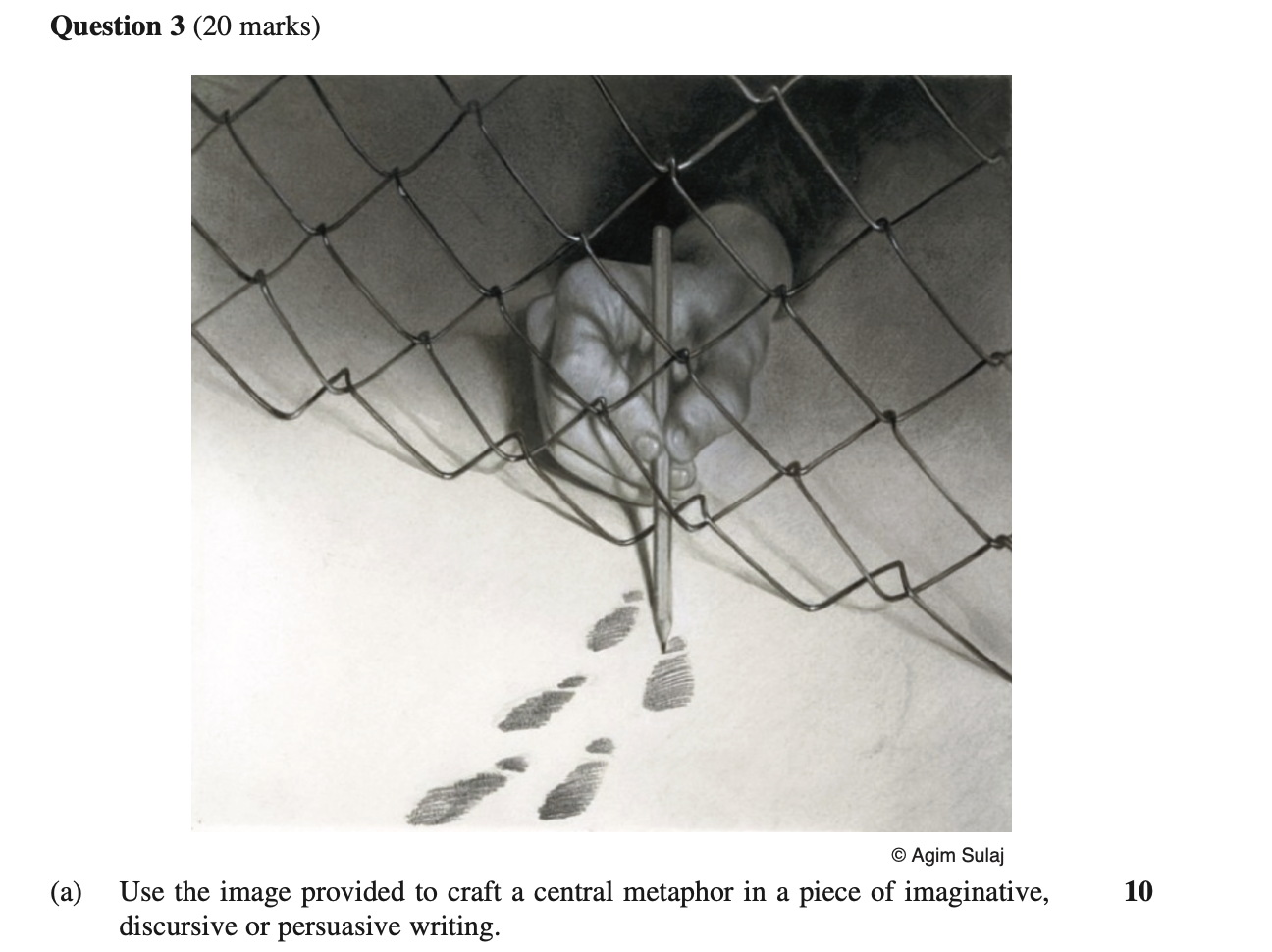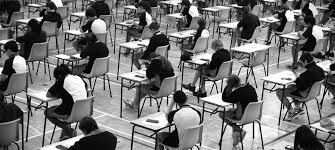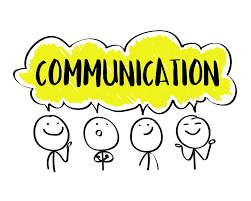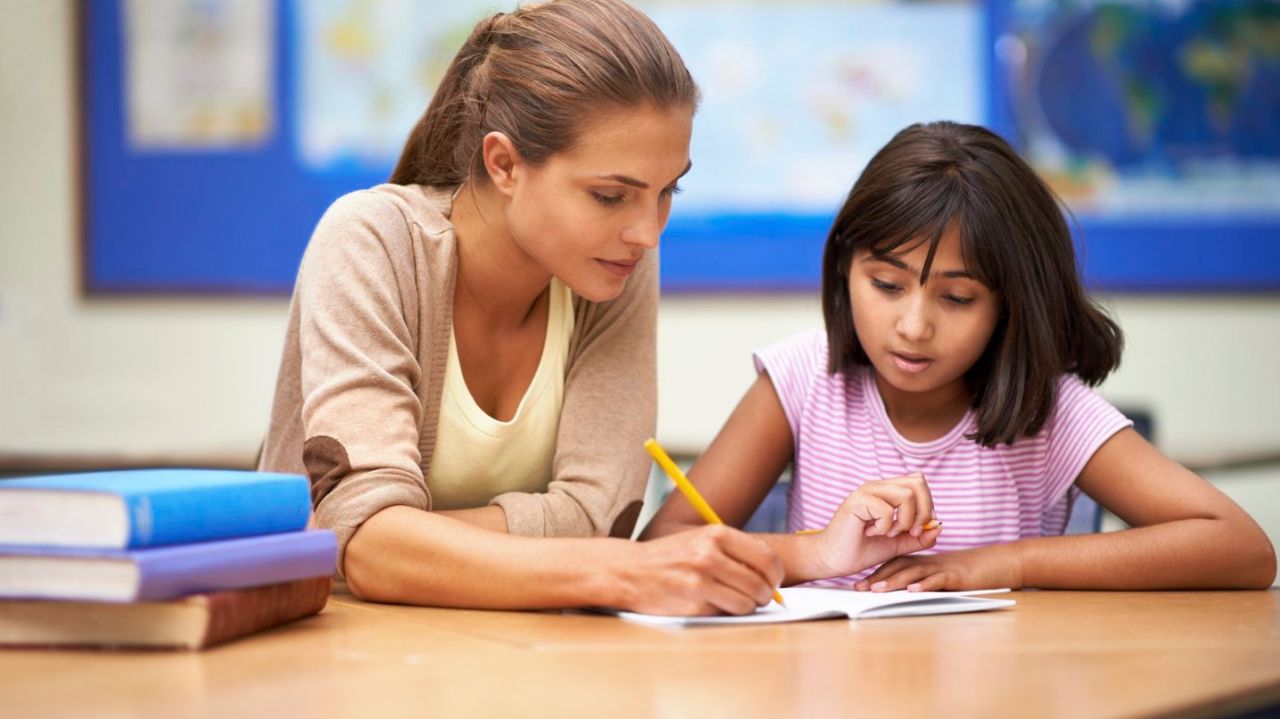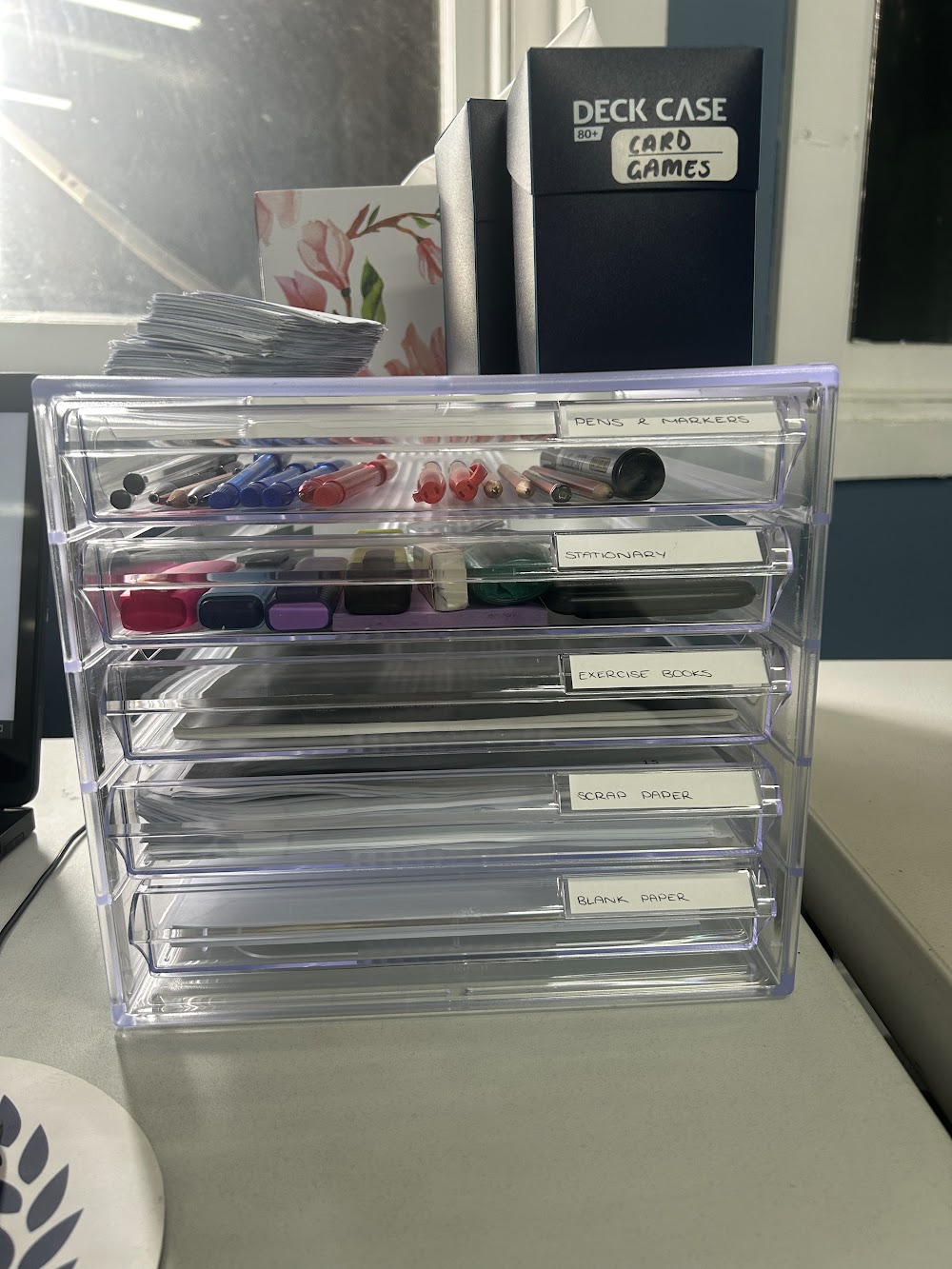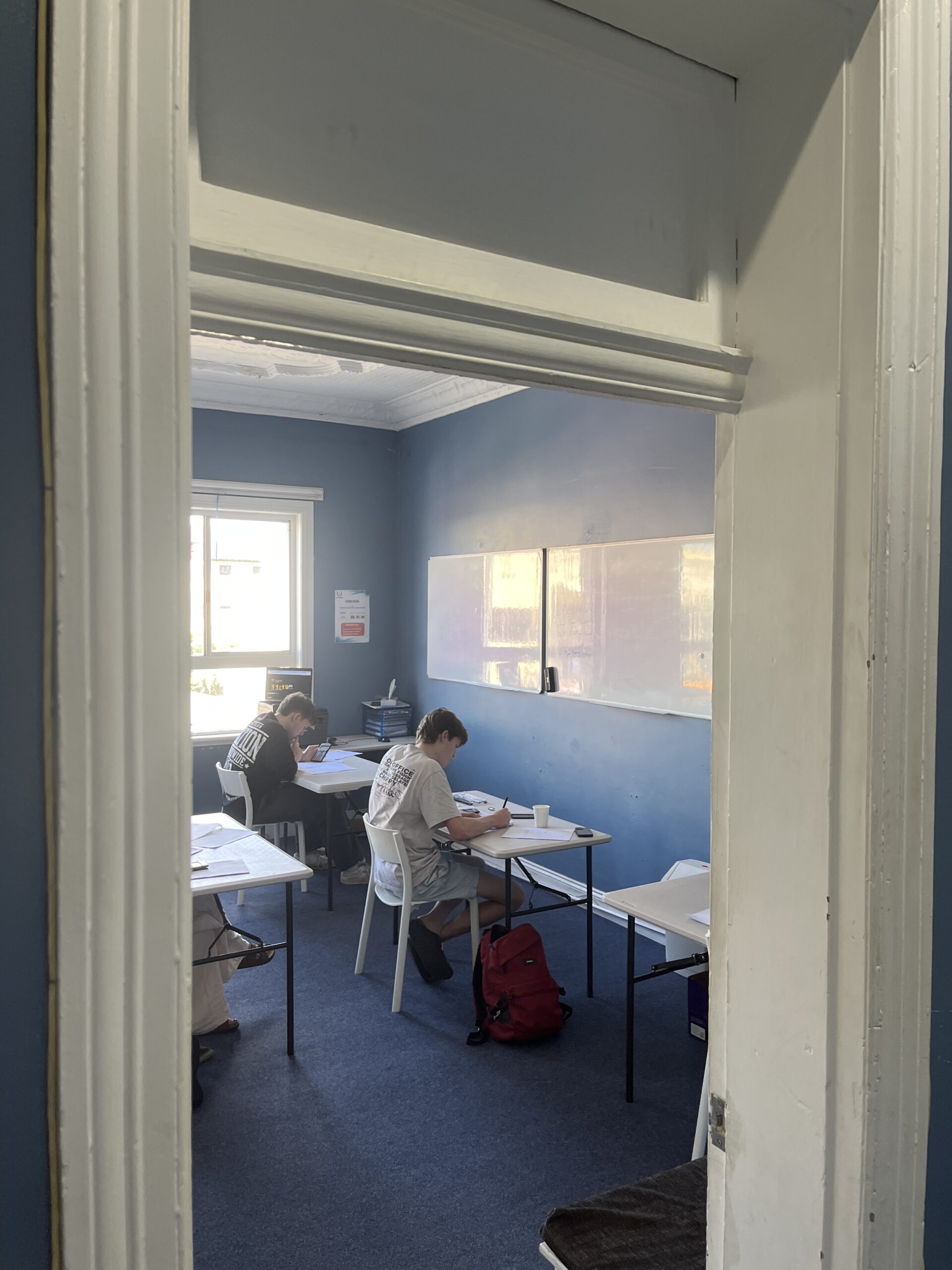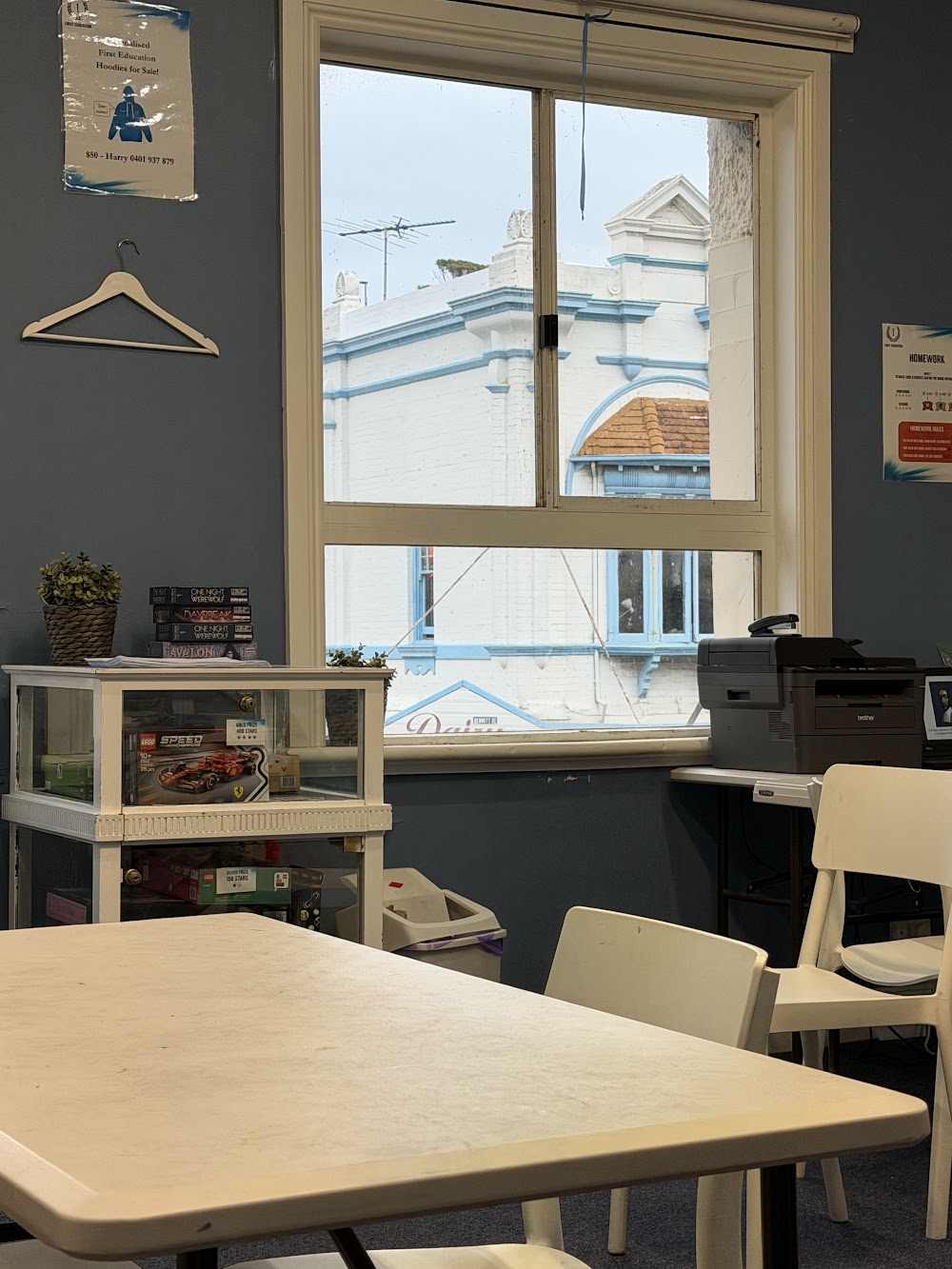
I had to great opportunity to observe a session today!
Start of lesson:
– Start tutoring with catch up talk — building relationship and understanding where the student is at with what they have learnt recently and what they’re learning now
– Discuss with the student what they want to learn/focus on this session
– Check if they did last weeks homework
During lesson
– Talk through questions, giving examples, checking understanding at each step
– Ask little questions needed as steps to check understanding not skipping straight to the answer
– Offer resources if the student doesn’t have something to work on or is unsure what to do
– Read the question aloud with student
– Ask the student definitions of harder terms to confirm they know what they mean
– Show written examples talking through steps rather than always verbalising how to work it out (writing on big whiteboard, small whiteboard, piece of paper)
– Use relevant terms when explaining and answering questions to familiarise the student with them
– Mix up the question difficulty so the student doesn’t always feel its too easy or too hard
– Develop an understanding of the best methods the student learns through (e.g. examples, repetition, manipulative’s, etc)
– Find what the students are passionate about and show an interest when they talk about it/ try to link work to it if possible
End of the lesson
– Confirm seeing them next week
– Comment on what was done this lesson
– Assign homework/ give tips for what they should work on in the upcoming week before the next session
– Congratulate them for their work effort during the lesson
– Tutor practice
– Make sure you know the answer before the student so when they tell you, you know if it is correct or incorrect and know the steps so you can quickly tell them where they went wrong
– Point to specific parts your talking about and use body language when explaining
– Admit if you accidentally say something is wrong when they actually were correct (explain why they were correct and why you thought it was incorrect)
Kaeley Pitt



